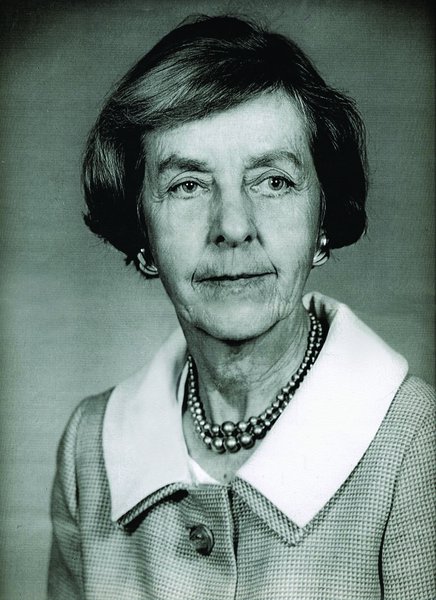
Class XXI
Esther Hill Chapin
Esther Hill Chapin had a vision for the future. In 1985, Chapin, who operated a highly successful Poinsett County row-crop operation with her husband, Sam, formed the Judd Hill Foundation to promote research, experimentation, education and conservation in agriculture. Upon her death at age 91 in November 1991, she bequeathed her entire estate to the foundation. The principal asset of this gift was the Judd Hill Plantation south of Trumann. In 1933, Orange Judd Hill, Esther’s father and the farm’s namesake, gave 4,600 wooded acres to his daughter and her husband as a wedding present. Over time, Esther and Sam cleared the land and transformed it into one of the largest contiguous row-crop operations in the Mid-South. To this day, Judd Hill Plantation, which is currently operated by renters, is renowned as a leading cotton producer. One-quarter share of each year's crop goes to the foundation, which, in turn, donates most of its proceeds to Arkansas State University in Jonesboro. Through these donations, Chapin’s legacy has been cemented. Her generosity led to the creation of the Judd Hill Chair in Environmental Biology at ASU, which researches effective conservation. Later, the foundation endowed the Judd Hill Chair in Agricultural Biotechnology, created to determine how farm products could be used to cure diseases. The Judd Hill Foundation has been a leader in such areas as agricultural economics, development of enhanced seed types, fertilization, irrigation, weed and pest control, and soil and water conservation. Each year, the Judd Hill Cotton Technology Field Day showcases the latest advancements in farm equipment, precision technology, biotechnology and improved cotton varieties. In addition, the annual event features free diagnostic health screenings that help keep farmers healthy. Chapin was born in 1900 in Kansas City, Mo. She attended the University of Minnesota.
